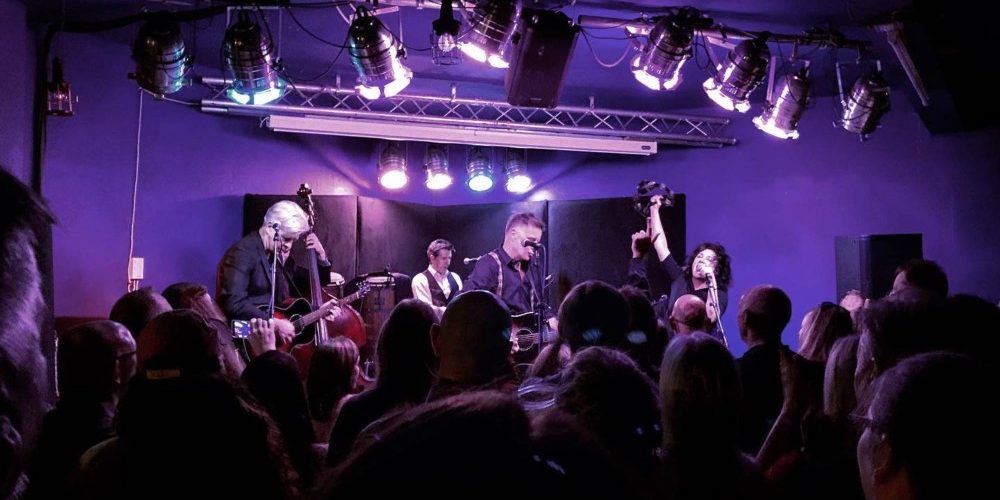Music Venue Trust launch scheme to purchase UK’s grassroots music venues
The Music Venue Trust (MVT) have announced Music Venue Properties – a groundbreaking new initiative which will involve purchasing the freehold of grassroots music venues across the UK.
As a Charitable Community Benefit Society (CCBS), Music Venue Properties (MVP) aims to secure the long-term futures of these venues by directly tackling the issue of ownership.
A CCBS can raise money via community shares. By purchasing these shares, music fans and investors can help raise funds to allow MVP to buy freeholds, whilst also receiving a three per cent APR return on their investment.
Speaking to NME, MVT Ownership Coordinator Matt Otridge said of the Own Our Venues campaign: “It’s essentially a not-for-profit, charitable organisation that allows us to raise funds via community shares, which then allows anybody who invests money to be a part of that society. So it’s very equitable – one investment equals one vote at AGMs – it’s completely community focused, and it’s a good mechanism to promote longevity and community aspirations.”
He continued: “We’re calling this bit the pilot project, and we’re hoping that eventually it will grow and grow into a point where we have hundreds of venues that are owned by Music Venue Properties and hundreds of venues that would benefit from having a landlord that literally can’t be motivated by profits because it’s a not-for-profit organisation, as well as a landlord that shares their ambitions in seeing more money going back into the circuit.”
If the music community wants grassroots music venues to be protected, to be secure, to be improved, to be everything they can be for the future of live music, then the music community must #OwnOurVenues
— Music Venue Trust (@musicvenuetrust) April 26, 2022
Recent calls for music venues to own their own buildings instead of separate landlords have been growing louder, especially with Sheffield’s iconic The Leadmill under threat. Music Venue Trust CEO Mark Davyd told NME that the circumstances around The Leadmill presented “a very difficult situation”.
“It remains the case that if a venue doesn’t own its own building or doesn’t have a benevolent relationship with the landlord of that building, then it’s always under threat – that’s the truth of economics,” he said. “The landlord may decide to sell at any time, the landlord may do a rent review at any time – all of these things can cause the closure of a business, and there’s not much you can do about it while you’re a tenant.”
- READ MORE: With Nambucca closing and The Leadmill under threat, campaigners call for venues to own their buildings
According to the MVT, over 35 per cent of grassroots music venues have closed in the last 20 years, with 93 per cent of them being tenants that only have 18 months left on their tenancy. Furthermore, the sector has acquired over £90million of new debt since the start of the COVID crisis, yet 67 per cent of Culture Recovery Fund grant aid was paid directly to landlords.
Ownership is described by the MVT as a positive solution to the many uncertainties and vulnerabilities that tenanted venue operators face, which impacts their economic models and plans for the future.
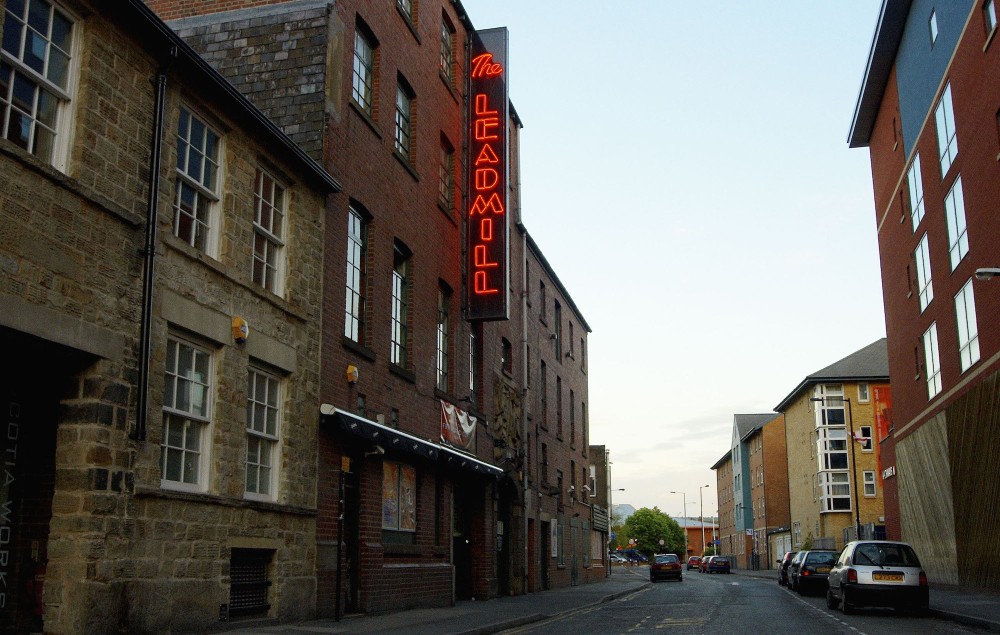
The Polar Bear in Hull, which closed its doors in 2020 but re-opened last August thanks to community and crowdfunding, is one of the nine venues that will benefit from having MVT as its landlord.
Daniel Mawer, a promoter at The Polar Bear, said: “The commitment of the people that worked within the venue was always to service the music community within Hull regardless of the situation that we had been put under, with companies and how they operated.
“Now, with MVT’s help, we can hopefully sustain something that means we can serve the community first and foremost, and that we have a landlord that understands that this venue is not there for profit, but for community interest. It’s a massive leap forward really, for all nine venues involved, that we understand what a music venue is and how it should operate and who it’s for.”
As well as The Polar Bear, there are five other venues taking part in the pilot in England (Preston’s The Ferret, Atherton’s The Snug, The Hairy Dog in Derby, Darwen’s Sunbird and The Palladium in Bideford), plus one in Scotland (Glasgow’s The Glad Cafe) and two in Wales (Swansea’s Bunkhouse and Le Pub in Newport).
There are presently no venues in London or the south east involved due to higher rents in those parts of the country. But as Otridge noted, while the current pilot addresses problems for a certain percentage of the UK, the MVT will continue to work with other partners in the future to eventually include all town and cities.
“I think what MVT will do really well short term is keep important venues open and keep a sense of identity within each local community and what they provide musically,” Mawer added. “But long term, I think what this initiative could mean is people understanding what these music venues are for, and how important they are to the community.”
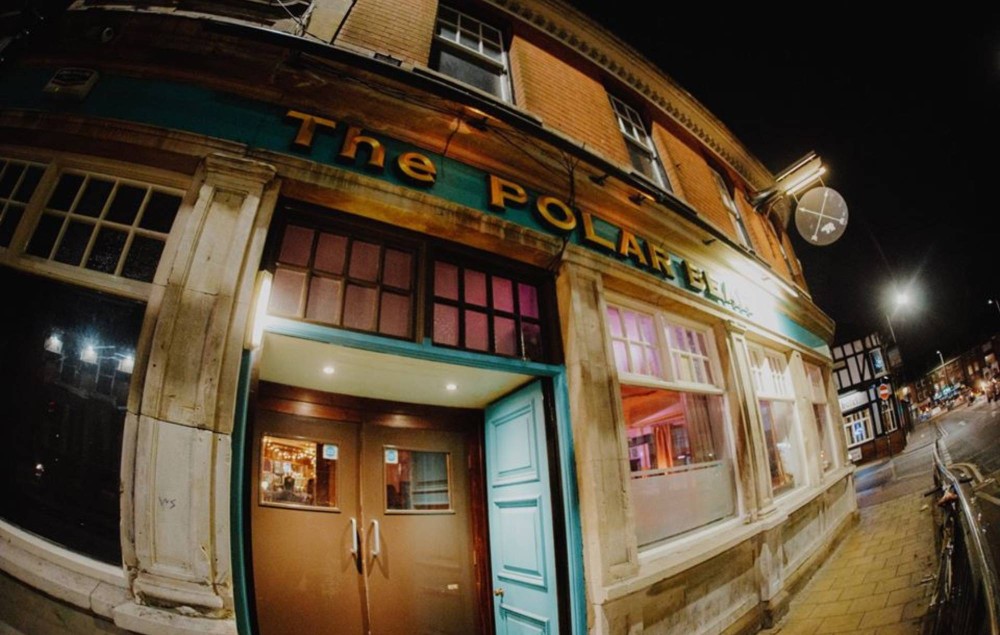
Rory Haye, venue manager of The Glad Cafe in Glasgow, shares this sentiment, commenting: “It’s extremely exciting, the prospect of having a landlord that is totally invested in what we do, rather than just looking to get their rent paid and really not having any particular understanding or interest in what the nature of the business is.”
He continued: “In terms of Glasgow, the area that we’re in has been traditionally much more residential but it’s really transformed quite radically in recent years. It’s absolutely been going through a bit of a process of gentrification, which comes with its downsides of course, but the flip-side is that it’s becoming a much more vibrant part of the city. With that, of course, comes the pressure from landlords for rent increases.
“The Music Venue Properties pledge to the venues that they will ultimately not be raising rents and that rents are going to be capped is game-changing, because that absolutely is one of the biggest pressures on a business like ours.”
The Glad Cafe is a social enterprise that operates as a not-for-profit music venue and as the only Scottish venue involved in the pilot, Haye is hopeful that it will naturally benefit the wider Scottish music industry.
“In the broadest possible terms, we obviously want the scheme to be a massive success because this is an opportunity through these nine pilot venues to really prove the concept,” he said. “The MVT absolutely have the ambition for this just to be the beginning. And so I suppose, there is a little bit of a sense of responsibility to be wanting to do our part as well, and make good on this amazing vote of confidence that we’ve been given through the Music Venue Trust.
Haye added: “Through our part in the pilot scheme, we hope it will continue to grow and expand and start taking in more Scottish venues. Because there are so many of our friends who run venues around the country for whom this would be an absolute lifeline. MVT have already proven that they work quickly and have the expertise and the confidence to make things happen. But we also need to do our best to really make the most of the share offer and to get people to understand what is being offered and the significance of it.”
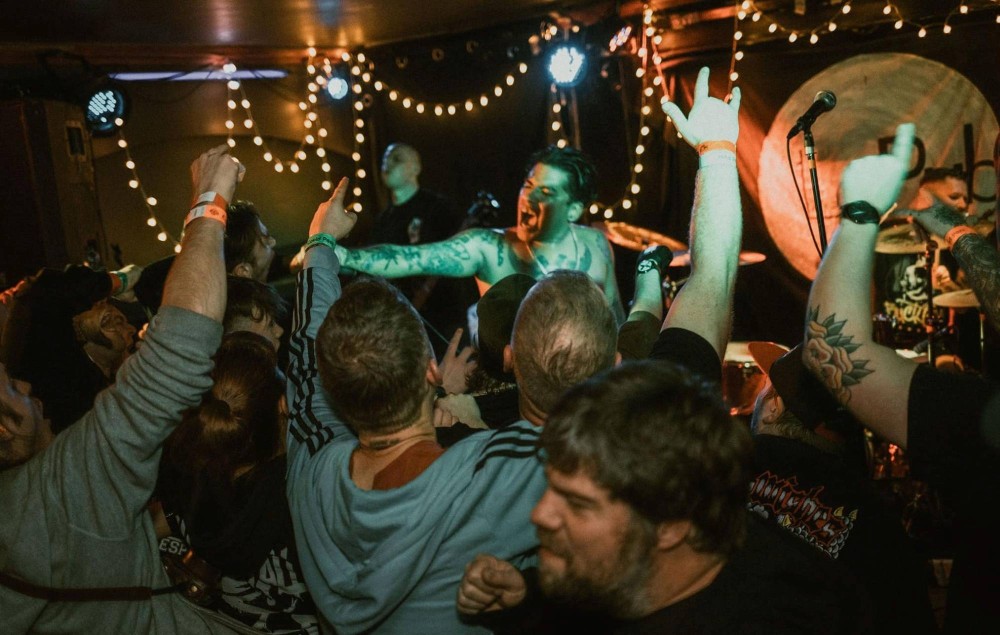
In 2020, the Music Venue Trust launched the ‘Save Our Venues’ campaign, in a bid to stave off the continued economic threat to over 500 grassroots music venues throughout the UK.
Among the main drivers of this initiative was Frank Turner, who was involved in fundraising for a number of grassroots venues during lockdown. He was also handed the Music Venue Trust’s Outstanding Achievement for Grassroots Music Venues Award 2020 for his efforts during this period.
“The MVT has been doing a fantastic job since 2014,” Turner told NME, “but, at a certain point, as the team have discovered, you start bumping up against certain practical realities. What really throws us into sharp contrast is international comparisons and as somebody who’s toured a lot internationally, it’s something I can see pretty clearly.”
Turner went on: “The UK is really unusual in terms of the ownership structure of venues. 93 per cent of grassroots music venues are tenants, rather than owner operated or council operated and that’s much higher than everywhere in the world, even the United States. But particularly when you get to Europe, it’s just known in the industry that touring in Europe is better and the reason for that is that they have much more freedom of action and financial freedom, because of their ownership structures. And if it works there, then there isn’t any obvious reason why it can’t work here as well.”
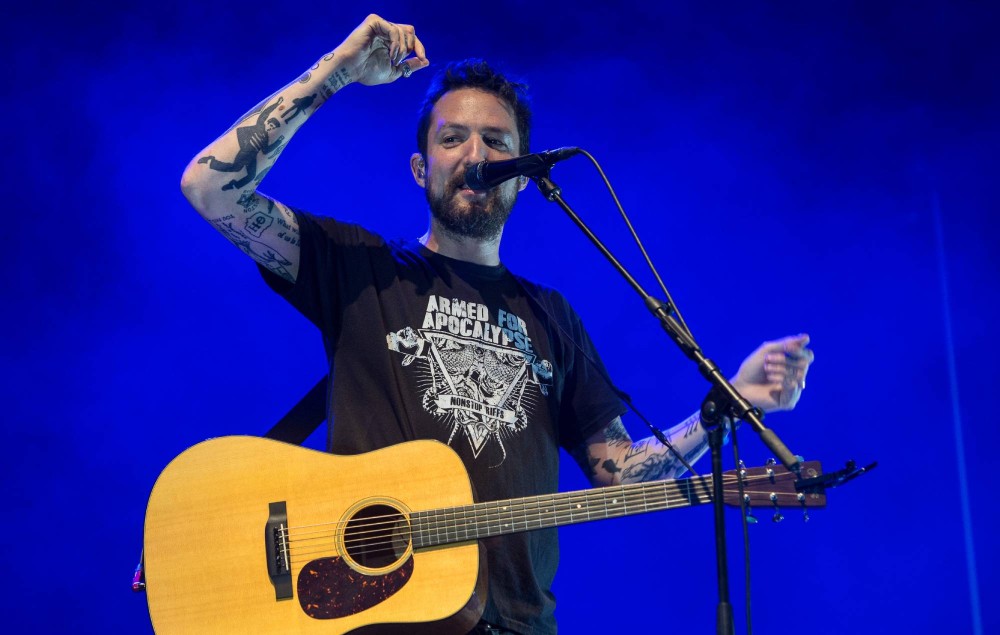
Last month, it was announced that the legendary Nambucca venue on London’s Holloway Road would be closing its doors, having “tried everything they could” to stay afloat. Championing new and upcoming acts, they’ve played host to early gigs from the likes of The Libertines, Florence + The Machine and Turner.
“A big part of the #SaveOurVenues campaign has just been trying to highlight to people what the problems with running a venue can be and how they can assist, because ultimately, a good grassroots music venue is a community hub as much as anything else for local culture,” said Turner, who played at the final show at Nambucca.
“One of the obvious ones for me would be Nambucca, because that’s where my entire music career really picked up and got off the ground. There was a place for it to happen, where like-minded people could come together. So it’s about explaining to punters that by coming down, by taking a chance on a ticket, and spending your evenings drinking beer there rather than at the local gastropub, you are actually contributing to culture.”
Turner believes that changing the ownership structure through the Own Our Venues campaign will inevitably change the way that music venues operate in the UK.
“The communal aspect of the Music Venue Properties scheme means that people in the local community can invest in this and feel a sense of ownership of the place where they go and see their local bands,” he said. “And they can also say to themselves and to other people, I’m co-owning this with not just people in my community, but with musicians they like.
“I’m one of those musicians, and there’s a lot of other musicians coming on board and suddenly, it bridges what I’ve always felt is a really damaging and artificial gap between performers and audience.”
Turner added: “Ultimately, we’re all part of the community and trying to achieve something together. And if we all go in on ownership of these venues together, there’s a really powerful message being sent there as to what it is that we’re doing what we’re trying to achieve.”
The initial target to purchase these venues is £3.5million, with the first of the community share offers launching today (Monday May 23). Following the pilot, further venue freeholds will be identified and secured as and when they become available, and MVP will continue to raise funds through selling community shares.
To find out more, visit musicvenueproperties.com. The opportunity to invest in Music Venue Properties is live from today.
This news comes after a campaign was launched to save the London pub The Ravensbourne Arms and convert it into a community-owned live music venue for all ages – marking one of many attempts to put gig spaces in the hands of music fans rather than private landlords.
